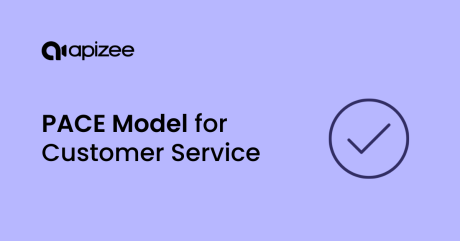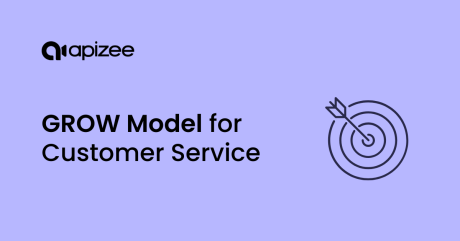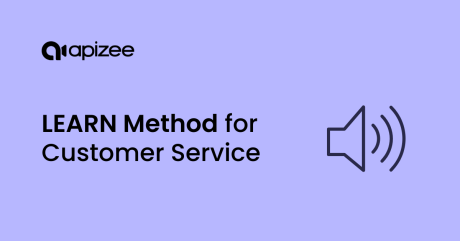
Communication and video collaboration have never been more important to businesses. Today, real-time video has now become routine and is a core technology in business collaboration.
This is a fact that we do daily with our customers and this trend is confirmed by many studies. A recent study by Global Market Insights on the growth of the video conferencing market by 2024, estimates that this market will reach 20 billion dollars. The software industry is expected to grow by more than 14%. This growth is attributed to the growing demand for mobile cloud solutions and applications.
To be able to follow this trajectory, it is imperative that videoconferencing providers adopt the basic security criteria required by companies. There are many actors providing free and low-cost services that are very unsafe. It takes only one single security breach to expose your business to undue risk.
Why choose a video conferencing solution based on WebRTC technology?
In many videoconferencing solutions, it is often required to install an application, a plugin or a software to start communicating. A recurring problem with traditional software is whether it can be trusted. Installing a new software or a plugin can potentially install malicious/ unwanted software or make your machine vulnerable to attack.
WebRTC technology does not require installation of a plugin, application or software. To initiate a videoconference, you just need to have a compatible browser installed (Google Chrome, Safari, Firefox, …). This greatly reduces the risk of installing malicious or vulnerable software. Computer security and user consent is an integral part of the WebRTC standard implemented in web browsers.
Another consideration is the correction of security vulnerabilities. If a vulnerability is detected in an application or traditional software (such as a traditional VoIP application), it can take a long time to develop a patch and deploy it. This is a common problem with application development because security is still often considered a secondary consideration after functionality.
It is quite possible that vulnerabilities are/will be discovered in WebRTC. But unlike traditional technologies, web browsers have a very fast pace of evolution. Because WebRTC components are provided in a browser, they are also updated whenever the browser is updated. If a future vulnerability were to be found in the WebRTC implementation of a browser, a fix will be provided much more quickly. Most current browsers are automatically updating within 24 hours of discovering a vulnerability or a serious threat.
By using the WebRTC standard, Apizee can provide its customers with a reliable and secure experience.
Security comes first
Today, Apizee’s cloud services have robust compliance controls and guaranteed availability through highly secure data-centers in Europe, that meet the requirements of the GDPR (and other privacy regulations):
- Communications encryption: All communications that transit through Apizee platforms are encrypted using standard secure protocols.
- Secure data storage: User passwords are hashed and no plain text password is stored in the cloud.
- Sessions security: On our cloud platform, each administrator can choose a limited session time for their users. This feature can be interesting when using our solutions on shared workstations or on disconnection. Beyond a certain time the session expires and the user is disconnected
- Securing videoconferencing rooms: In the case of using our Izeeconf videoconferencing room solution, meeting rooms can be secured with a password to access a meeting. A waiting room option allows the moderator to accept or reject participants. Our customers can also create unique or time-limited meeting rooms to prevent unauthorized guests from attending meetings using the details of a previous invitation.
- HDS certified platform for health use cases: We have an HDS certified platform meeting the requirements for accredited hosting of health data.
Discover our solutions Contact us



